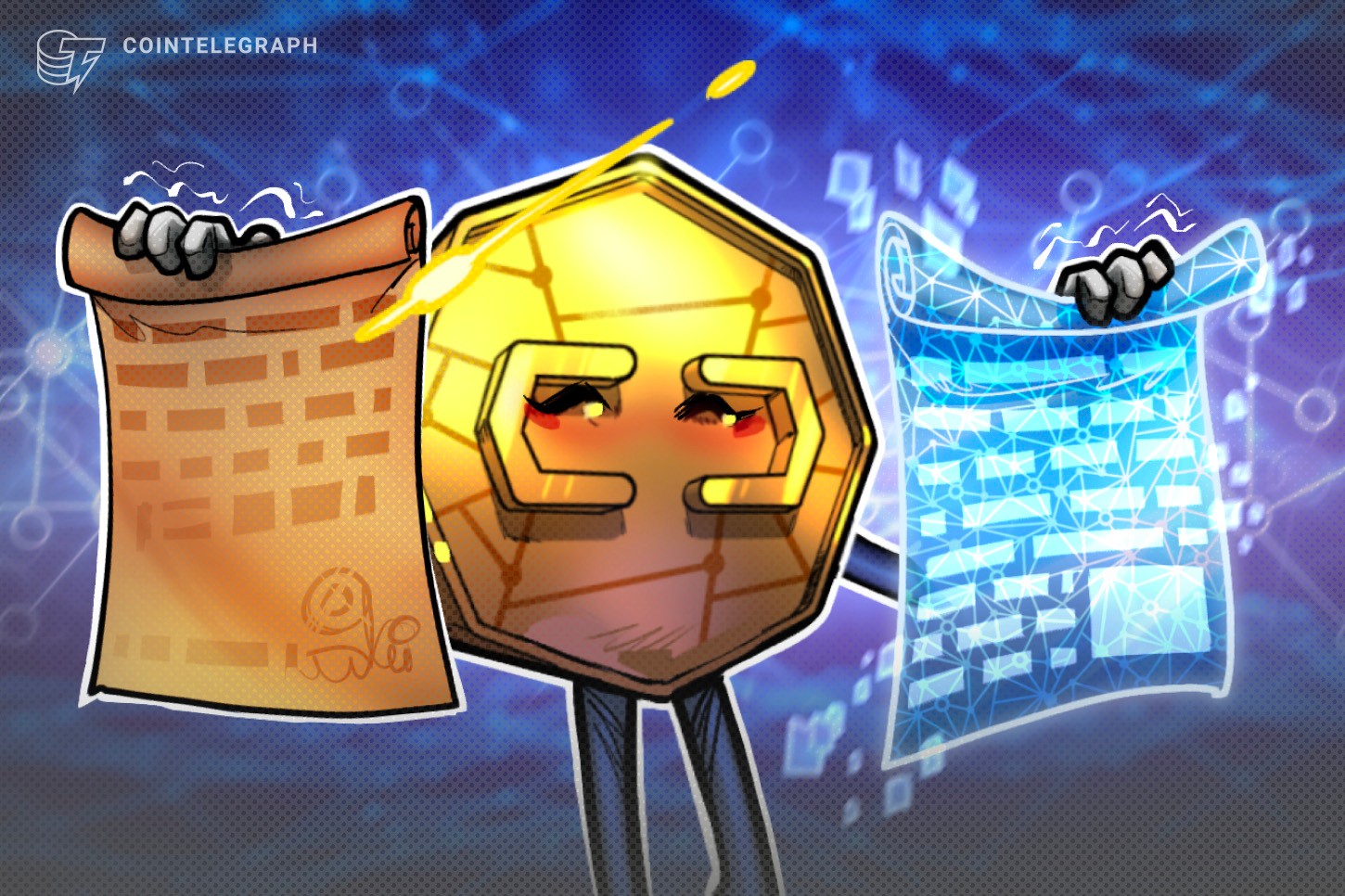Opinion by: Aaron Basi, head of product at IoTeX
With the recent passage of the GENIUS Act, the United States has taken its first real step toward regulating crypto nationally. The bill focuses on stablecoins, establishing reserve rules, audits and authorized issuers. This is a milestone for the industry. If lawmakers want to support the next wave of innovation, they cannot stop here.
One of the fastest-growing sectors, decentralized physical infrastructure networks, or DePINs, still lacks a legal framework .
DePIN is not about speculation or NFTs. It involves building real-world infrastructure through community-owned hardware. People contribute antennas, sensors or hard drives and earn token rewards. These systems support services like wireless connectivity, mapping and decentralized storage.
Unlike many blockchain use cases, DePIN is already operational and growing fast.
DePIN is scaling faster than regulation
Projects like Glow have surpassed $15 million in revenue, while Geodnet reports over $1 million in annual recurring revenue. DePIN protocols across the ecosystem collectively generate over $250 million in revenue. These are not pilots; they are functioning networks delivering value to users and contributors.
They still lack regulatory clarity. Unlike stablecoins, which are now governed by defined federal rules, DePIN projects operate in a gray zone. That uncertainty leaves users, developers and investors exposed.
The regulatory gaps are becoming harder to ignore
DePIN systems rely on real-world data and infrastructure. They do not fit neatly into telecom, cloud computing or crypto categories. This makes existing laws difficult to apply.
Many DePIN protocols depend on devices that gather and share environmental or location-specific information. There are no clear standards around what data can be collected, how it should be stored or who owns it. Without this, users may lose trust and opt out.
Compensation is another unresolved issue. People are paying out-of-pocket to deploy hardware, but there are no baseline rules on how they should be rewarded. If incentives dry up or tokenomics shift, contributors are left holding risk without safeguards.
Related: Blockchain and AI could fuel $3.5T DePIN market boom by 2028: WEF
Governance presents its own challenge. Many DePIN projects claim decentralization, yet key decisions remain in the hands of core teams. If these systems will serve public interests, they must be transparent and accountable.
DePIN deserves thoughtful regulation
The GENIUS Act proved that crypto regulation doesn’t have to be destructive. It offers a foundation for stablecoins without stifling innovation. DePIN deserves a similarly nuanced approach.
DePIN differs from financial tokens. It exists at the intersection of hardware, software and services. This hybrid nature means it needs a tailored framework. It should not be treated like decentralized finance (DeFi) or stablecoins.
What’s needed is a definition of what qualifies as a DePIN protocol. There should be standards for data ownership, privacy, contribution tracking and reward mechanisms. Transparent governance rules are also critical to building trust and accountability.
A chance for the US to lead
DePIN has the potential to expand infrastructure in underserved areas, enable smarter cities and return ownership of essential systems to communities. To reach that scale, the sector needs legal clarity.
Investors will hesitate without regulatory certainty. Communities will resist joining systems that lack user protections. Builders may pause progress for fear of future penalties. Momentum depends on clear guidance.
Now that stablecoins have a legal framework, DePIN should be next.
It’s time to support real-world innovation
Congress and regulators have an opportunity to shape the future of decentralized infrastructure. DePIN builders are ready to collaborate. What’s needed now is a policy framework that supports transparency, innovation and user protection.
The GENIUS Act was a strong first step. It should not be the last. It’s time to recognize the promise of physical infrastructure that is built and operated by the people who use it.
DePIN is here. It’s growing. And it belongs in the regulatory conversation.
Opinion by: Aaron Basi, head of product at IoTeX
This article is for general information purposes and is not intended to be and should not be taken as legal or investment advice. The views, thoughts, and opinions expressed here are the author’s alone and do not necessarily reflect or represent the views and opinions of Cointelegraph.
This opinion article presents the contributor’s expert view and it may not reflect the views of Cointelegraph.com. This content has undergone editorial review to ensure clarity and relevance, Cointelegraph remains committed to transparent reporting and upholding the highest standards of journalism. Readers are encouraged to conduct their own research before taking any actions related to the company.


